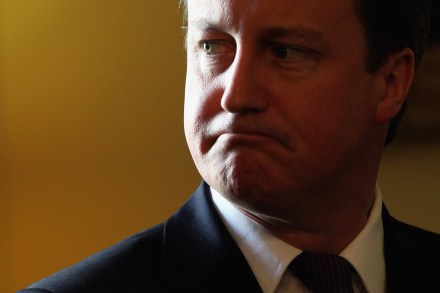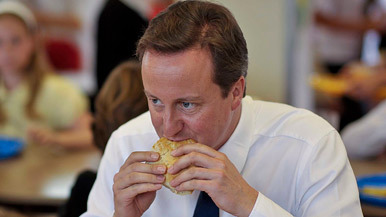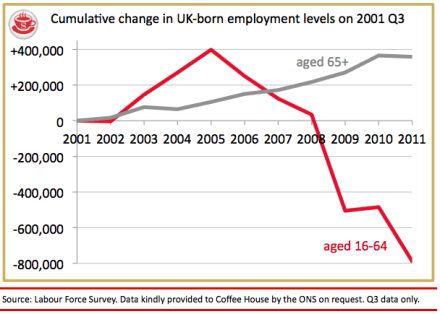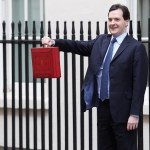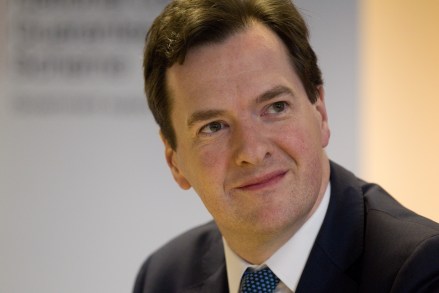Behind Galloway’s grin
George Galloway has tragically demonstrated that sectarian politics are now alive and well in Britain. The other week Ken Livingstone appeared at a London mosque and promised to make London a ‘beacon of Islam’ and last week went on to dismiss Jews as unlikely to vote Labour because they are ‘rich’. Now we see Galloway flying in to one of the country’s most divided areas to sweep the Labour party aside in what he has termed ‘a Bradford spring.’ Much can — and should — be said about this depressing, and predictable, turn of events. But for now I’d just like to make two quick observations. The first regards the







